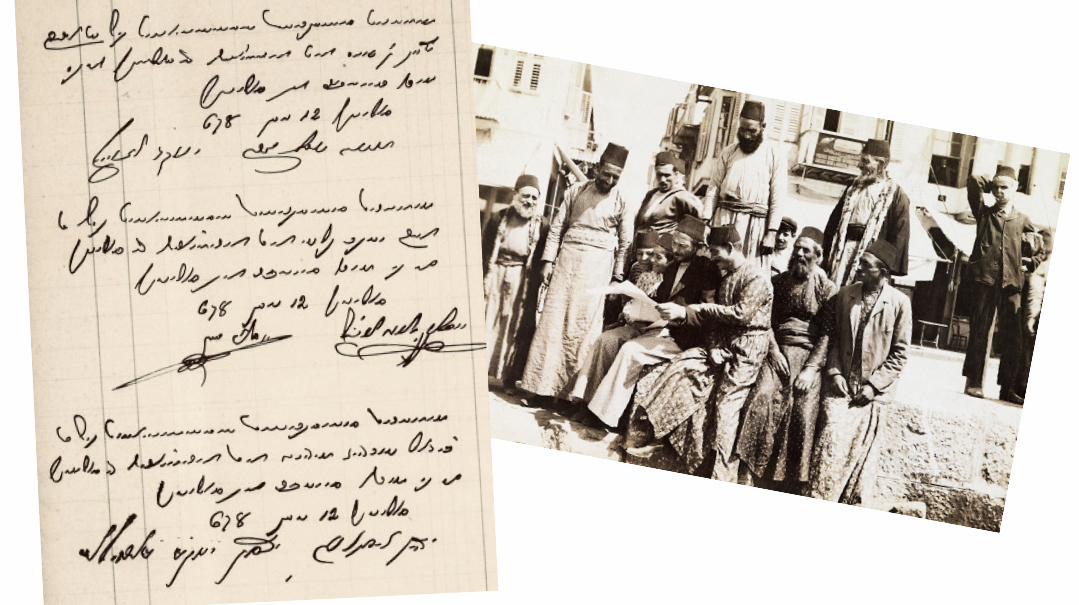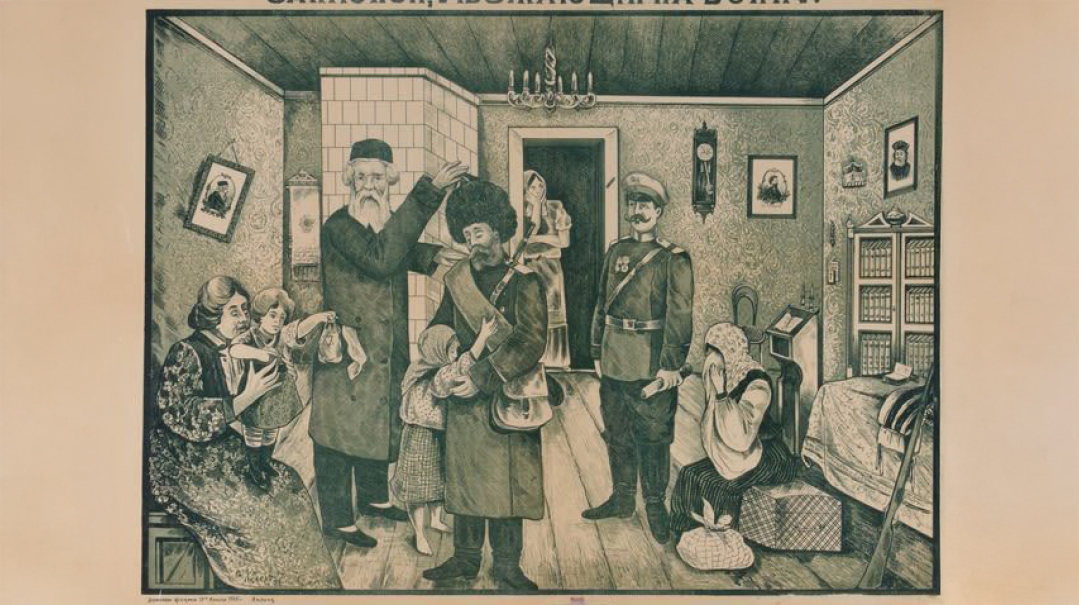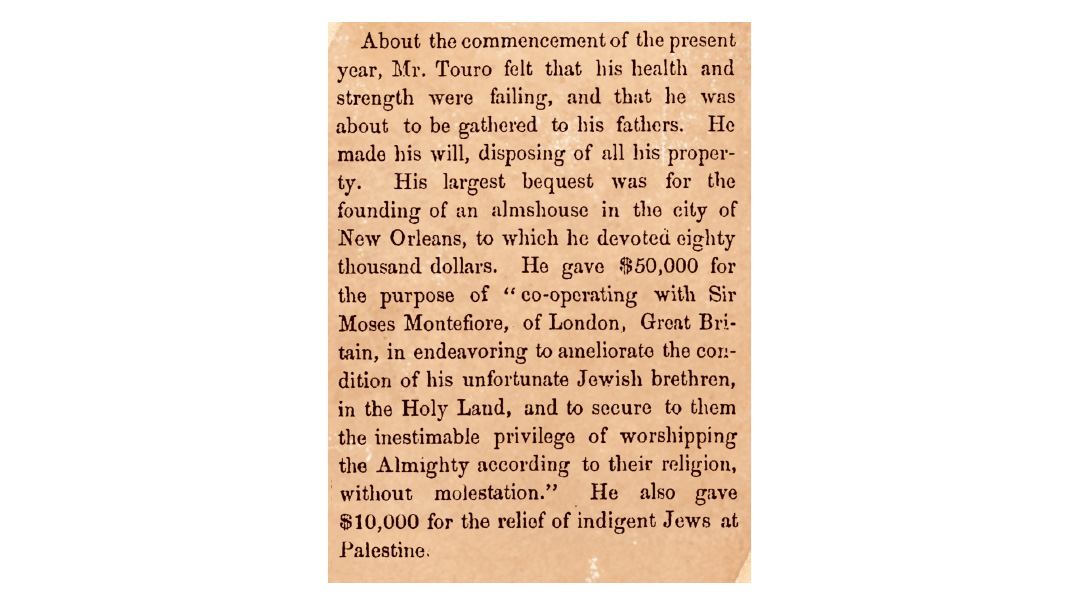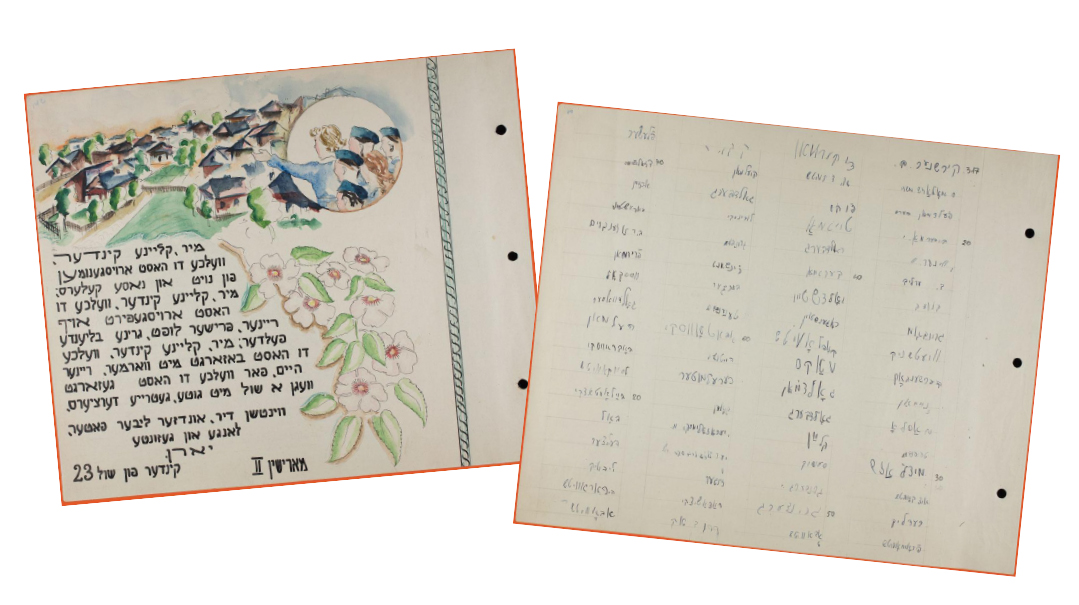Austritt in England?
| May 10, 2022How the face of German Orthodoxy — and perhaps Orthodoxy worldwide — was changed forever
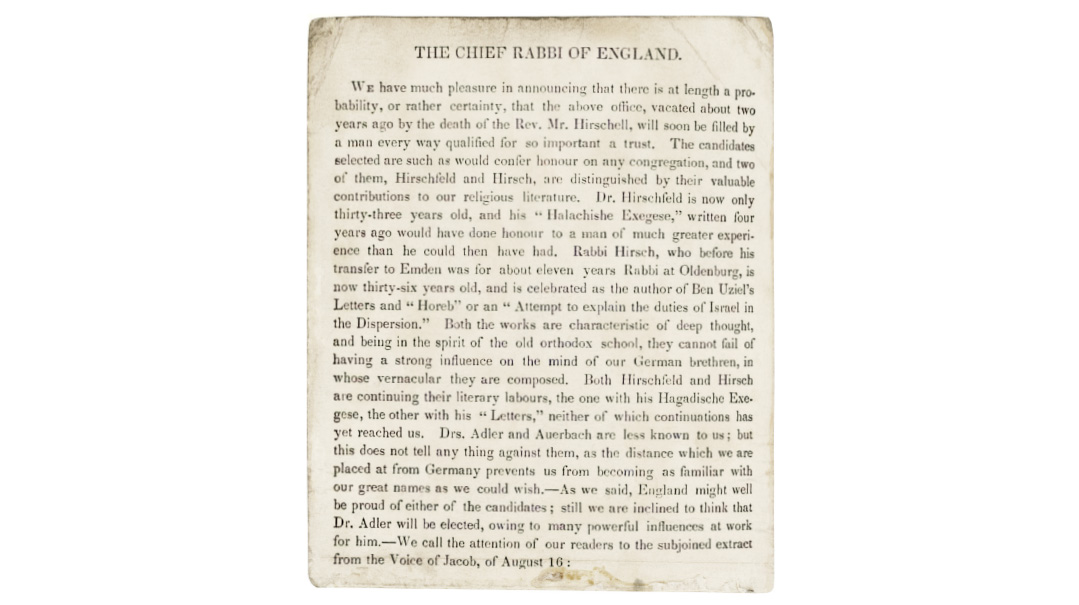
Title: Austritt in England?
Location: London, England
Document: The Occident
Time: 1844
Rev. Sampson Raphael Hirsch, ordained by Rabbi Isaac Bernays… Provincial rabbi of Oldenburg from 1830 to 1841; at present provincial rabbi of the province of Ostfriesland, from 1841. Testimonials. 1. Letter… to Messrs. De Rothschild, London, testifying to his high moral character, and literary and scientific attainments. 2. Certificate of Rabbi Isaac Bernays, dated Hamburg, July 1830, stating that Rabbi Hirsch had attended his lecture on the Talmud and on Jewish Theology. … 7. Certificate of having attended lectures at the University of Bonn on philosophy and history, and of Rabbi Hirsch’s scientific knowledge and moral character…. Letters of application, wherein Rabbi Hirsch states that from his earliest youth he has cultivated English literature; see letters dated 26th May 1844, which are written in the English Language. Has published several works (among others), “Chorab” (Digest of Jewish Law), and Critical Letters on Judaism.
—Excerpted from the official report of the Committee Appointed for the Selection of Candidates for the Office of Chief Rabbi
With the passing of England’s chief rabbi, Rabbi Solomon Hirschell, in 1842, a committee was formed to hire a replacement. The 35-year-old rabbi of Emden, Rabbi Samson Raphael Hirsch, submitted his candidacy for the position, with the encouragement of his rebbi, Rav Yaakov Ettlinger, the Aruch Laner. The committee selecting the chief rabbi stipulated that the candidates must have served in senior rabbinic positions for at least six months, possess proficiency in classical, modern, and Hebrew literature, and be prepared to deliver sermons in English soon after appointment. Thirteen candidates in all submitted applications, mostly from Germany.
On August 5, 1844, Rav Hirsch’s name appeared as one of the four finalists to be voted upon by all membership synagogues in England. The other three were Rev. Dr. Nathan Marcus Adler of Hanover, Rev. Dr. Benjamin Auerbach of Darmstadt, and Rev. Dr. Hirsch Hirschfeld of Wollstein. Rabbi Auerbach ultimately withdrew his candidacy, and following a bitter dispute between the supporters of Rabbi Adler and of Rabbi Hirschfeld, the local Jewish newspaper Voice of Jacob proposed that Rabbi Samson Raphael Hirsch be elected as a compromise candidate. This proposal didn’t materialize, and Rav Hirsch’s vocal opposition to Reform was one of the reasons cited.
The election proceeded on December 1, with 135 voters representing 26 congregations. The final result was 121 votes for Rabbi Nathan Adler, 12 for Rabbi Hirschfeld, and only two for Rav Hirsch. Though it seemed like a disappointing result, seven years later an invitation was forthcoming to Rav Hirsch from the Frankfurt Jewish community, and the face of German Orthodoxy — and perhaps Orthodoxy worldwide — was changed forever.
When London came up in a conversation with Rav Hirsch two years prior to his passing, he remarked, “There was a time when I wanted to go to London, but I only received two votes at the election. However, I believe I could have achieved something there.”
Queen Victoria’s Rabbi
Rabbi Dr. Nathan Marcus Adler was chief rabbi of England from 1845 until his passing in 1890. The centralized framework of the United Synagogue he helped found did much to ensure that Reform Judaism didn’t make serious inroads in England. The apocryphal story is told that his candidacy for the position was advanced by Queen Victoria herself. On a visit to Hanover while expecting a child, she realized that she wouldn’t make it back to England for her child to be born on British territory. Rabbi Adler advised her to board a ship flying the Union Jack, which was legally British soil. The Queen endorsed his candidacy in gratitude.
The First “Chief Rabbi”
Until Rabbi Adler’s election, the position of England’s chief rabbi didn’t officially exist. Until then, the rabbi of the Great Synagogue was the de facto Ashkenazi chief rabbi of London. A student of the Pnei Yehoshua named Rav Dovid Tevele Schiff served in the position in the 18th century. His predecessor, Rabbi Tzvi Hirsch Levin (known as Hart Lyon), was the father of the aforementioned Rabbi Solomon Hirshell. He led the Ashkenazi community of Britain, but in 1763, after only six years, he announced his intention to return to Germany. When asked why, he responded, “Because this is the first question anyone has asked me since I arrived!”
Rav Schiff’s position as “chief rabbi’’ wasn’t undisputed because he wasn’t recognized by the Hambro Synagogue. They appointed Rav Meshullam Solomon, the son of Rav Yaakov Emden. It was only when Rabbi Solomon departed for Russia in 1780 that Rav Schiff was recognized as chief rabbi.
(Originally featured in Mishpacha, Issue 910)
Oops! We could not locate your form.

